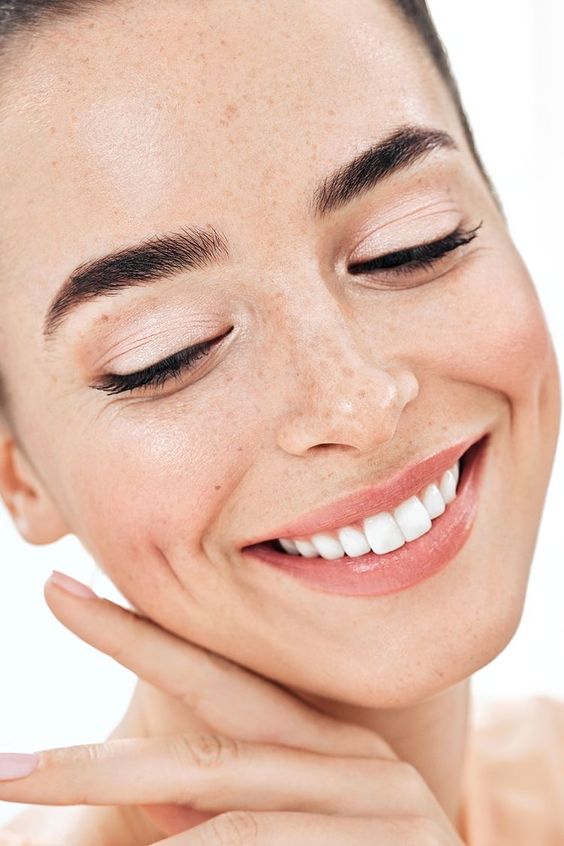Veneers and Teeth Grinding: Protecting Your Investment

Composite Veneers Cost in Dubai offer a transformative solution for a flawless smile, but maintaining that smile involves more than just regular dental check-ups. If you suffer from teeth grinding, also known as bruxism, protecting your veneers becomes crucial to ensure your investment in a beautiful smile lasts for years to come. This article delves into how teeth grinding affects veneers and strategies to safeguard your dental enhancements.
Understanding Veneers
Veneers are ultra-thin shells of porcelain or composite resin that cover the front surface of your teeth to correct imperfections such as stains, chips, or misalignment. They are custom-made and bonded to your natural teeth, offering a natural appearance and a durable solution to enhance your smile. Despite their strength, veneers can be vulnerable to damage from habits like teeth grinding.
What is Teeth Grinding?
Teeth grinding, or bruxism, involves the involuntary clenching or grinding of teeth, often during sleep. It can be caused by stress, anxiety, or misaligned teeth. While it might seem harmless, bruxism can lead to significant dental problems, including wear and tear on natural teeth and dental restorations like veneers.
How Teeth Grinding Affects Veneers
- Surface Damage: The constant grinding force can wear down the surface of veneers, leading to scratches or erosion. This compromises the smooth, glossy appearance of the veneers and may result in a rough texture that is less aesthetically pleasing.
- Chipping and Cracking: Veneers, although durable, can chip or crack under excessive pressure. Bruxism can exacerbate this risk, leading to costly repairs or replacements.
- Loosening: Persistent grinding may weaken the bond between the veneer and the underlying tooth, potentially causing the veneer to come loose or fall off.
- Misalignment: The force from grinding can also lead to shifting of the veneers, affecting their alignment and the overall appearance of your smile.
Protecting Your Veneers
1. Wear a Night Guard
A night guard, also known as an occlusal splint, is a custom-made appliance that fits over your teeth and provides a cushioning effect, absorbing the forces of grinding. It helps protect both your veneers and your natural teeth. Consult with your dentist to get a properly fitted night guard to ensure maximum protection.
2. Manage Stress
Stress is a common trigger for bruxism. Incorporating stress management techniques such as mindfulness, meditation, or yoga can help reduce the frequency and intensity of teeth grinding. Regular exercise and adequate sleep can also contribute to stress reduction.
3. Regular Dental Check-Ups
Regular dental visits are essential for maintaining the health of your veneers and overall dental well-being. Your dentist can monitor the condition of your veneers, check for signs of damage, and adjust your night guard if necessary.
4. Adjust Your Bite
If your bruxism is related to bite misalignment, your dentist may recommend adjustments to your bite. This might involve orthodontic treatment or adjustments to your veneers to ensure a proper bite, reducing the pressure on your veneers.
5. Consider Alternative Treatments
If teeth grinding continues to be a problem despite these measures, your dentist might suggest alternative treatments. This could include therapeutic options like cognitive behavioral therapy or medications to manage bruxism. Addressing the root cause of bruxism can significantly improve the longevity of your veneers.
6. Protective Coatings
Some dentists may recommend protective coatings for your veneers. These coatings can provide an additional layer of protection against the forces of grinding, helping to preserve the integrity and appearance of your veneers.
7. Good Oral Hygiene
Maintaining excellent oral hygiene is crucial for the longevity of your veneers. Regular brushing and flossing help prevent gum disease and decay, which can impact the health of your veneers and the underlying teeth. Use a soft-bristled toothbrush and fluoride toothpaste to avoid damaging the veneer surface.
Conclusion
Investing in veneers is a significant step towards achieving a perfect smile, but protecting that investment is essential, especially if you struggle with teeth grinding. By taking proactive measures such as wearing a night guard, managing stress, and maintaining regular dental check-ups, you can safeguard your veneers and ensure they continue to enhance your smile for years to come. Consult with your dentist to develop a personalized plan to protect your veneers and address any issues related to bruxism. With the right care and attention, you can enjoy the benefits of your veneers and a confident, radiant smile.
4o mini